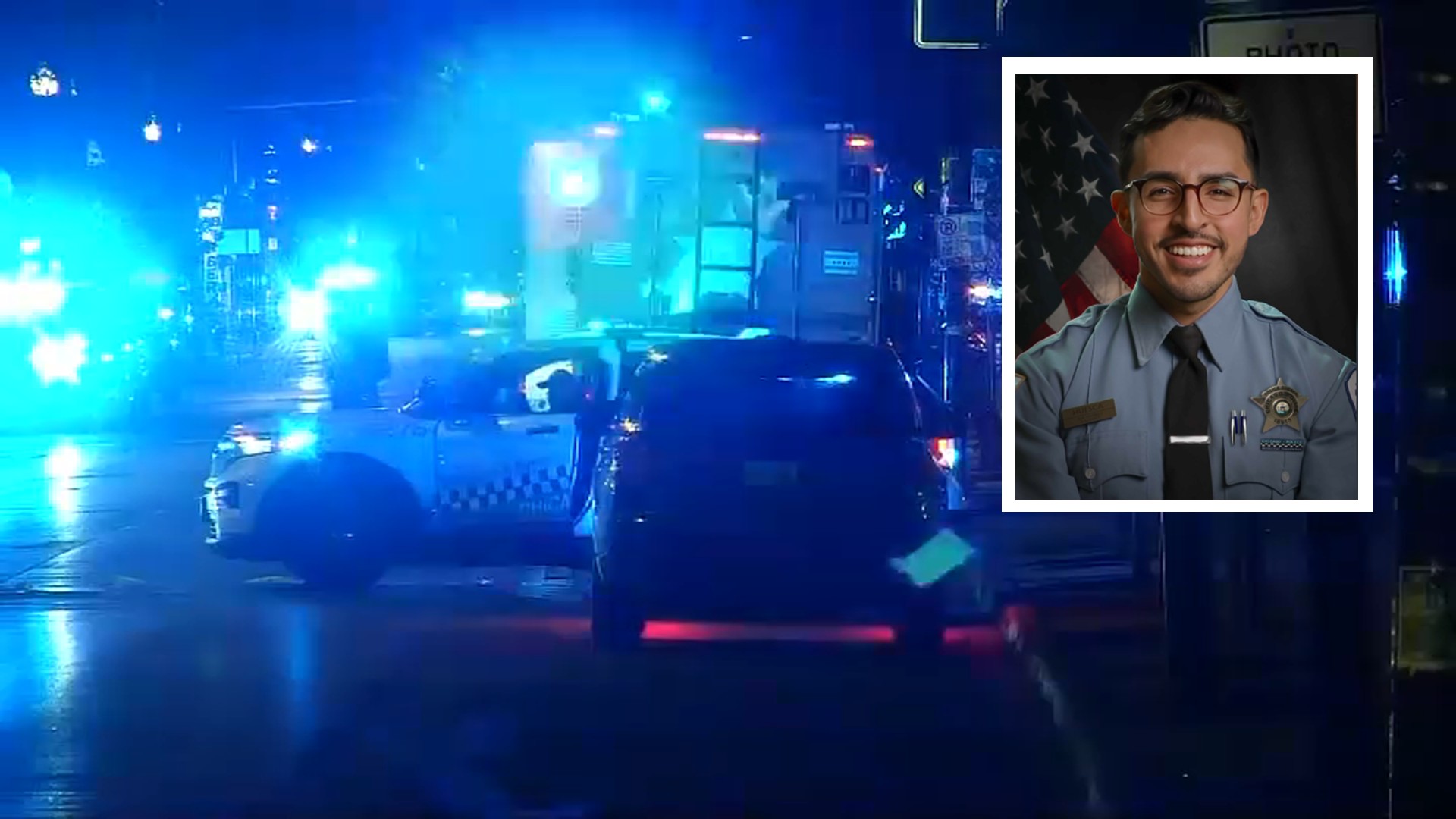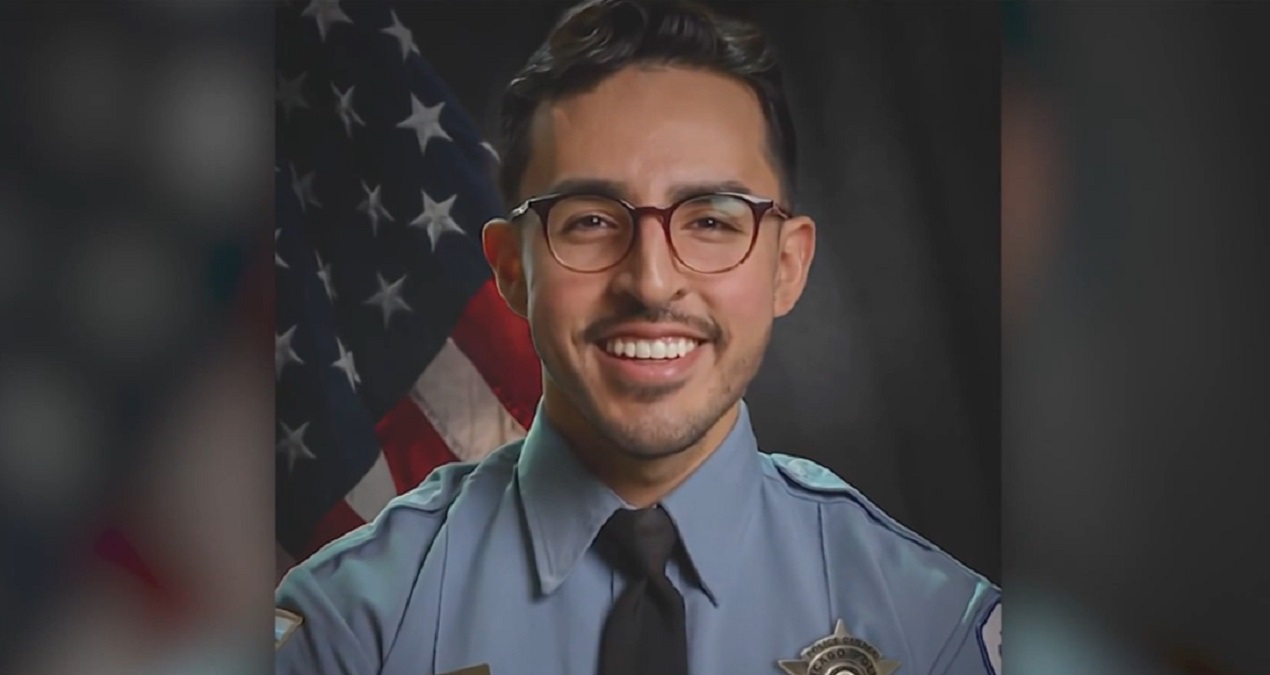Two Illinois lawmakers plan to propose bipartisan legislation Monday to combat growing heroin and prescription drug abuse, though they acknowledge it may be tough to pass in a difficult budget year.
The 240-page bill, sponsored by House Democratic Assistant Majority Leader Lou Lang and GOP State Rep. John Anthony, is a byproduct of legislative task force that traveled around the state over recent months to hear testimony from doctors, coroners, pharmacists, treatment centers, addicts and family members on heroin use and its correlation to prescription drug abuse.
The legislation, the details of which Lang shared with The Associated Press in advance of its filing, would require drugs combatting heroin overdoses, such as Narcan, to be dispensed more widely to those who have been trained to properly administer them.
Currently, some police units carry the antidotes, but the legislation would require all state and local government agencies that employ law enforcement officers and firefighters to possess them. School officials and family members of addicts could also administer the drugs, if they received proper training.
The legislation would require that the state Board of Education to develop a heroin and opiate drug prevention program for schools and that coroners report deaths due to drug overdoses to the Department of Public health.
It would also designate pharmacies as sites to take back unused prescription medication and require doctors to determine "possible addiction tendencies" before prescribing painkillers.
The lawmakers say portions of the legislation —including limiting painkiller prescriptions and requiring pharmacies to serve as prescription "take back" sites — could be opposed by the powerful pharmaceutical and hospital lobby in Springfield, because of increased regulation. It's also expected to cost roughly $20 million to implement as the state faces a financial crisis.
Local
"I'd caution critics to compare this to the cost of not doing something," Lang said.
Deaths specifically caused by heroin aren't tracked statewide. But heroin-related emergency room visits in the Chicago area are the highest in the country according to Roosevelt University's Consortium on Drug Policy, which cited 24,360 visits in 2010, the most recent year of available data.
The problem has only intensified in recent years. Federal data shows there's been an 80 percent increase in heroin use among Americans between 2007 and 2012.
In Illinois, Dennis Reboletti, a former Republican state lawmaker and longtime narcotics prosecutor, said he saw heroin "supplant" cocaine abuse in the courtrooms roughly a decade ago.
While state lawmakers have proposed bills in recent years to track overdoses and raise awareness about the problem, Daphne Baille from Treatment Alternatives for Safe Communities said this is the first attempt to deal with the problem in a wide-ranging way.
She called the relationship between prescription drug abuse and heroin inherently linked.
"There are many people who go from using prescription drugs to finding cheaper, more available heroin," Baille said.
The legislation comes on the heels of an austere budget proposal by GOP Gov. Bruce Rauner, which would reduce Medicaid funding by $1.5 billion and mental health and substance abuse programs by $27 million.
Anthony, a former police officer, said he hoped the governor might consider their legislative proposal part of a "reform" agenda he proposed for the state's criminal justice system, which includes reducing the prison population.
Rauner's office issued a statement to The Associated Press calling heroin "a serious health threat."
Spokeswoman Catherine Kelly said the governor "looks forward to working with lawmakers on combating this issue. He will carefully consider any legislation that crosses his desk."
Illinois Hospital Association spokesman Danny Chun said they have not yet seen the legislation and did not have a comment.
"In short, there's going to be a lot of pushback," Lang said. "If people have ideas of how to do things differently I'm certainly willing to listen."



